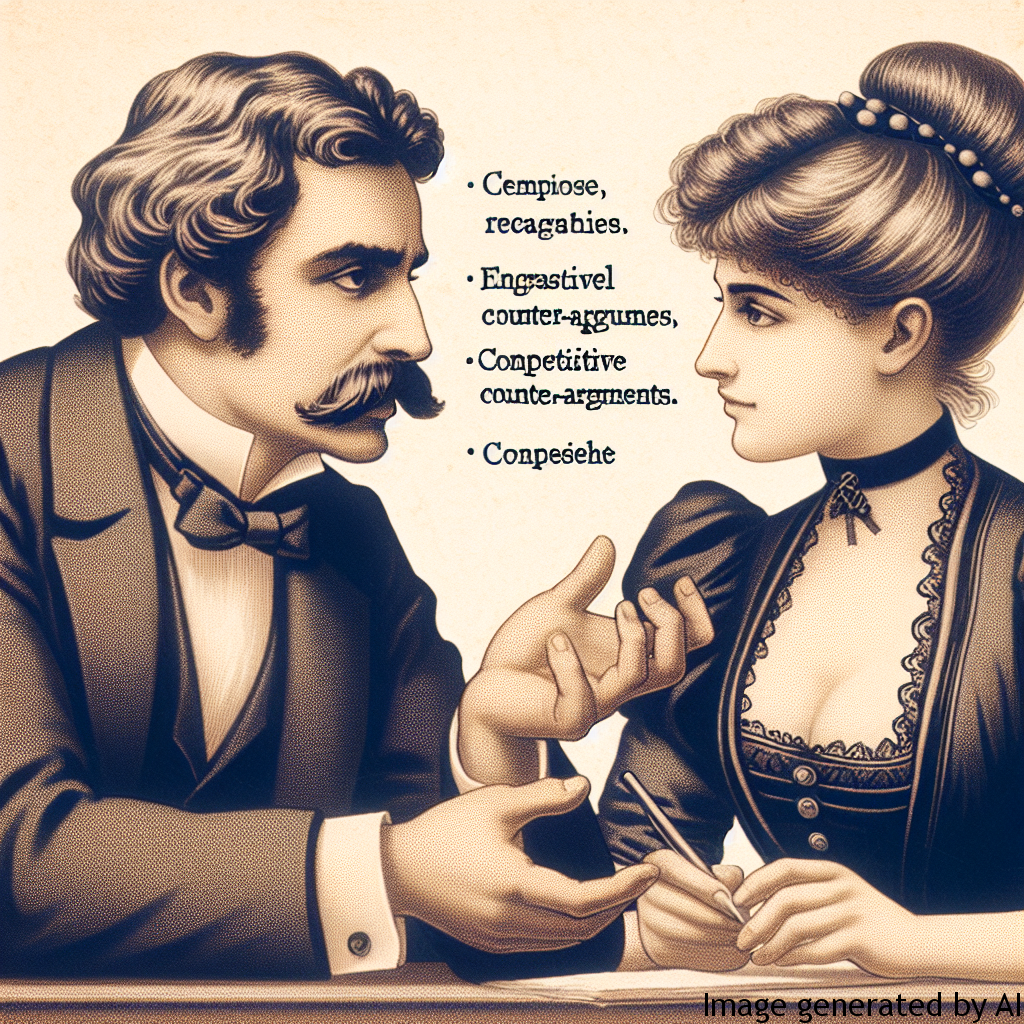Introduction
The relationship between German philosopher Friedrich Nietzsche and Russian intellectual Lou Salome is one that has long captured the interest and intrigue of scholars. Salome, a free-thinking author, poet, and psychoanalyst in her own right, was closely associated with Nietzsche during his most prolific years. The rapport shared between Salome and Nietzsche was uniquely profound; its complexity and intensity greatly influenced Nietzsche’s philosophical works. This article will explore the nature of their relationship and its impact in Nietzsche’s thinking, particularly in the context of male psychological health and societal norms.
The Impact of Gender Expectations on Men’s Psychological Health
Gender Expectations and Nietzsche’s Philosophy
Nietzsche’s works often deal with power dynamics and aspects of control which are inherently tied with dominant masculine roles in society. Being closely associated with Salome, Nietzsche was exposed to viewpoints that challenged these conventional standards. Salome’s progressive approach towards gender roles and relationships may have served to widen Nietzsche’s exploration of power, life-affirming values, and will to power.
Ill-Effects on Psychological Health
The burden of the societal norms and expectations can have detrimental effects on an individual’s psychological health. The pressure to conform can breed feelings of inadequacy, anxiety, and depression. Nietzsche himself, at certain points in his life, showed signs of mental strain possibly because of his struggle with conventional norms and his unrequited love for Salome.
Examples of How Gender Roles Can Influence Men’s Lives
Nietzsche’s life provides examples of how internal conflicts arising from societal and gender roles can shape a man’s life. Despite being one of the most influential thinkers of his time, Nietzsche was a man with complex emotions, deeply affected by his relationships. His association with Salome, a woman who defied the gender norms of their time, sparked internal debates and challenges that eventually found a way into his philosophical thoughts.
Tips to Improve Psychological Health in Light of Gender Roles
One of the key takeaways from Nietzsche’s philosophy and his relationship with Salome is the importance of questioning and challenging societal norms. For better psychological health:
- Individuals must acknowledge the existence of gender norms and their impact.
- Embrace the process of introspection and self-awareness.
- It’s crucial to create a personal identity that does not rely on societal expectations.
- Importance of seeking help when needed, engaging in meaningful conversations, and fostering relationships that encourage individuality rather than conformity.
Conclusion
The influence of the intricate relationship between Friedrich Nietzsche and Lou Salome on Nietzsche’s works is remarkable. It not only broadened Nietzsche’s philosophical horizon but also highlighted the societal norms affecting men’s psychological health. Their relationship reminds us of the need to question and challenge societal norms and underlines the importance of fostering relationships that respect individuality and freedom. The profound influence of Salome on Nietzsche’s life offers a vivid example of how personal experiences can deeply impact philosophical thought.

